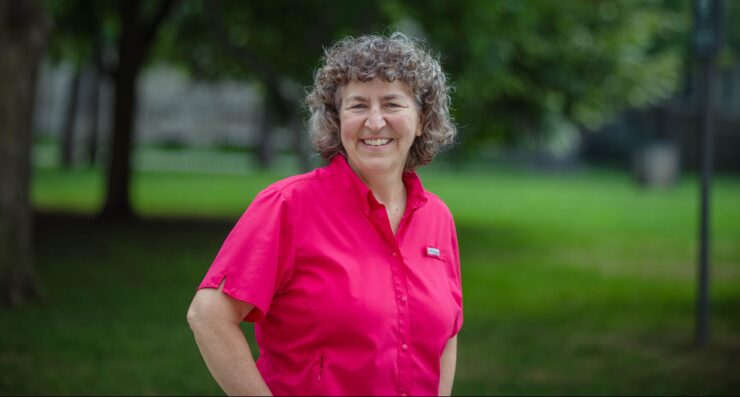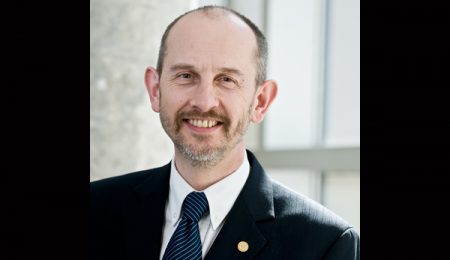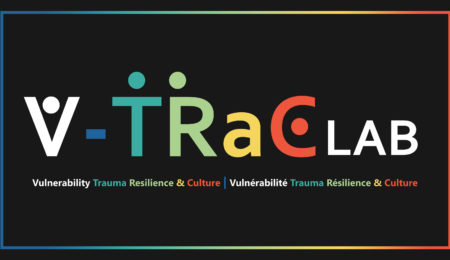THIBAULT GREW UP IN VANIER, GRADUATED FROM THE U OF O AND PREVIOUSLY TAUGHT AT THE UNIVERSITY
The faculty of health sciences at the University of Ottawa is unique in the sense that it has access to the three Canadian government research funding agencies: the Canadian Institutes of Health Research, the Natural Sciences and Engineering Research Council of Canada and the Social Sciences and Humanities Research Council of Canada.
Given this holistic field — students study, teach and research everything from qualitative to quantitative issues at the very cellular level (nucleus, stem cell) all the way up to determinants of health across society and lifespan — we have clout and an edge.
These are some of the faculty’s strongest points, according to the U of O’s new dean of health sciences Lucie Thibault. Her goal as dean, Thibault explained, is to flip the organizational structure on its head so it’s student-centred.
“It has been that you have students, then professors and administrators, and then the dean at the top, but it should be that I am at the bottom,” Thibault said, noting professors and students should be at the peak of this hierarchy instead.
For Thibault, this structure would give rise to a cycle.
“Because ultimately, if the students are happy, then they become happy alumni. And happy alumni will remember us and are more likely to cooperate with us, and this cooperation will be an opportunity for enrolled students to then connect and work in the workforce under our previous students.”
Thibault is of a humble background, and the U of O is especially close to home: She was raised in the Vanier area of Ottawa and studied physical education at the university, where she would later teach in the precursor to what is now the school of human kinetics. Thibault went on to work at Brock University for 16 years before assuming her position as dean last July, a sort of homecoming for her.
But Thibault’s background for the past three decades has been primarily in teaching, from organizational theory to sport globalization and policy to governance in sports, informing her vision for her time as dean, she said. One of Thibault’s other goals is encouraging more mature students to enter the faculty. “I really want to focus on lifelong learning so that any elder interested in attending a class can be welcomed, free of cost,” Thibault said.
She shared an example of an 80-year-old man in one of her classes who asked questions that, although she knew the answers to, made her think of how to deliver them in different ways to fit the student. Thibault added that after that class, students would often mention to her how the question and corresponding answer helped them understand the material from a different viewpoint, and even piqued more interest.
Thibault also spoke of her interest to include more students and alumni in future decisions, policy making and curriculum. “I think advice from professionals working in the field is of great value”, she said.
Thibault said she understands achieving some of these goals requires not only developing new initiatives but undoing old ones. “Indeed, but I am fortunate to have a wonderful team and (like) any coach, I must build on what is working and fix that which was set up but is not working.”







